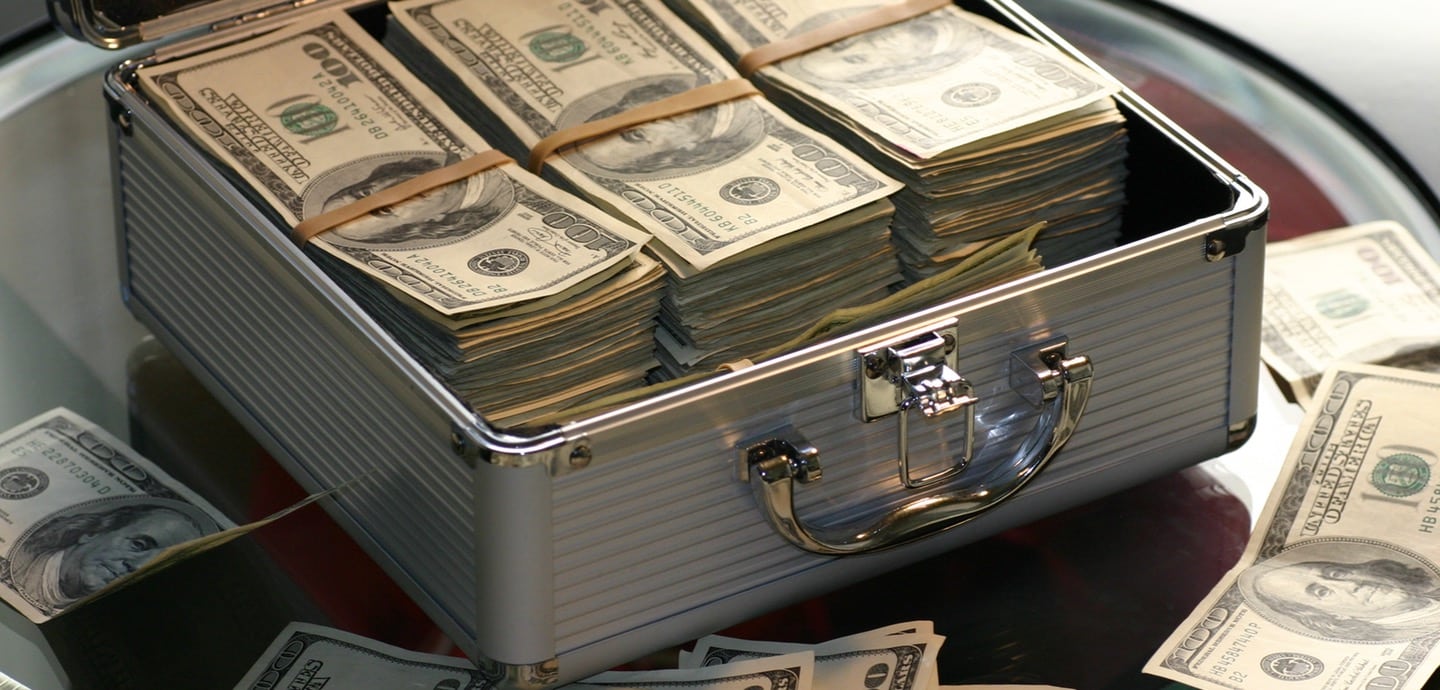
Published: July 13, 2020
Last Updated: April 26, 2021
Introduction: How Organized Criminal Groups are Laundering Money in Canada
An expert panel on money laundering estimated that over $46.7 billion was laundered in Canada in 2018. Other estimates peg the country’s money laundering to be as high as $100-$130 billion. Regardless of who’s right, these are both massive numbers. Canadian money laundering has even been titled as “snow washing”, and Canada itself has even been called a “new tax haven”. One report by former RCMP deputy commissioner Peter German notes that lax financial reporting rules in a developed country such as Canada have made it an ideal place to launder money. Further, if money launderers are caught in Canada, consequences are less severe than in other countries.
This article identifies two recent infamous Canadian money laundering schemes. One involves the British Columbia real estate market and another involves the province’s casinos.
Money Laundering in Real Estate
Vancouver has the hottest real estate market in Canada. It’s estimated that 5% of the transactions are actually for money laundering purposes. This is usually conducted through various lawyers, shell companies, and intermediaries who act as the homebuyer. Members of organized crime groups typically have strangers or relatives help them purchase a property, with the money launderer as the beneficiary. German in this report also noted red flags associated with money laundering in real estate such as “unfinanced purchases, private lending, unusual interest rates and purchases by homemakers and students”. This had led to one in five B.C. properties being bought entirely in cash over the past two decades, and the majority of the $28 billion in B.C. residential properties having unidentifiable owners, disguised under legal corporations.
Real estate is a popular way to launder money because mortgage brokers, lawyers, and homebuilders aren’t required to report suspicious activity to organizations overseeing money laundering. Further, organizations such as the B.C.’s Land Title and Survey Authority collects data in ways that can make it hard to find trends in money laundering.
The purchase of building materials with cash is a convenient way to wash dirty money. Materials like concrete are always required for large scale construction. That’s why some organized crime groups have even started to invest in development projects, financing it through the purchase of building materials paid in cash.
In a specific scenario, a man from Richmond, B.C., was reported to have cleared millions through local real estate deals. Money from illegal drugs was used to purchase and pay for properties bought in Richmond and Vancouver. When this scheme was unveiled, the B.C.’s Civil forfeiture office tried to seize two properties worth a combined value of $2.7 million, as well as $67,000 in cash. All the while, the individual in question had shown an average annual income of $37,000 between 2006 and 2012.
Money Laundering in Casinos
Financial Transactions and Reports Analysis Centre of Canada, or FINTRAC, has warned Canadian casinos that customers using bank drafts may be trying to launder money. Bank drafts provide liquidity and anonymity, while winnings from a casino are indistinguishable from clean money. Often, the customers coming in with bank drafts to clean their money are money mules acting on behalf of the launderers. These mules commonly report their occupation as a student, homemaker or as unemployed.
Criminals also wash their money through casinos by bringing in bags of cash. One surveillance video showed individuals with suitcases filled with $20 bills at one Vancouver-area casino. This money was used to buy casino chips, and from there, the winnings came out clean. This is such a pressing issue that regulators believe that $1.7 billion has flowed through the special B.C. Lottery Corp. high-roller accounts by exploiting the Corp.’s lax measures for tackling money laundering.
River Rock Casino and Resorts has been most notorious for its allowance of suspicious money laundering activities. The casino, in a single month in 2015, accepted $13.5 million in $20 bills. But other casinos don’t fall far behind. Starlight Casino allowed one customer to convert $3.1 million in mostly $20 bills to gambling chips.
Last year, British Columbia Premier John Horgan and his government spearheaded Canada’s anti-money laundering charge and hired an independent investigator to probe the gambling industry.
Tax Tip: Tax Evasion is Often a Predicate Offence to Money Laundering
Although money laundering is usually handled by subsection 462.31(1) of the Criminal Code of Canada, tax evasion may be a predicate offence to money laundering. If an individual is facing charges of money laundering and tax evasion, an experienced Canadian tax lawyer can find ways to minimize the tax burden of his or her client and represent them with respect to their tax evasion charges.
Every lawyer has their own specialty. If you’re facing prosecution for a tax crime, an experienced Canadian tax lawyer will better understand the details of tax prosecution. A Canadian tax lawyer will ultimately have more tax and accounting experience and a history of working with the Canada Revenue Agency, which can help you through the tax prosecution process.
Disclaimer:
"This article provides information of a general nature only. It is only current at the posting date. It is not updated and it may no longer be current. It does not provide legal advice nor can it or should it be relied upon. All tax situations are specific to their facts and will differ from the situations in the articles. If you have specific legal questions you should consult a lawyer."






